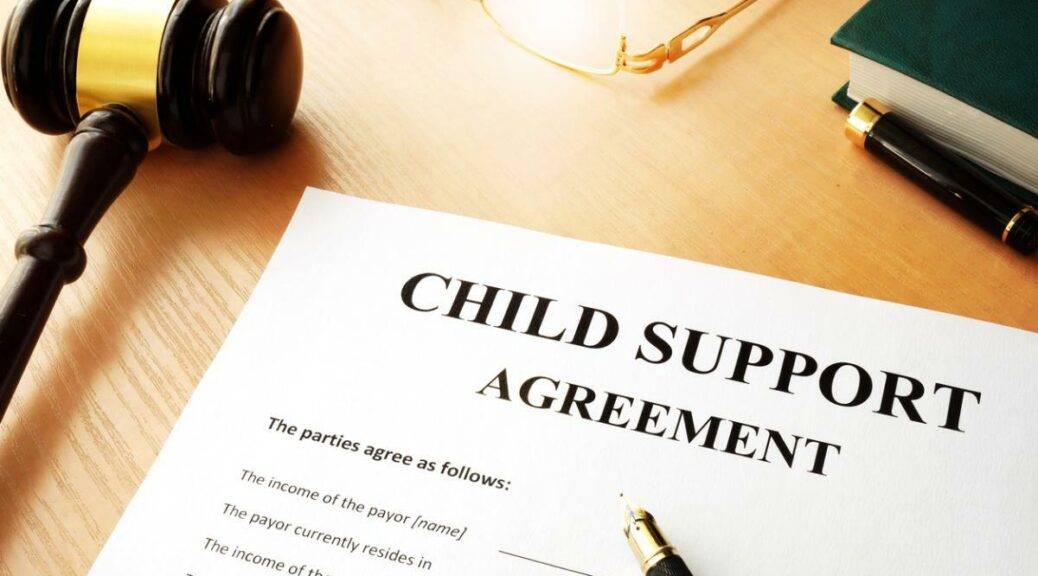A property division in a divorce is anything but simple, especially in California, where the laws surrounding marital assets are nuanced and multifaceted. At The Law Offices of Judy L. Burger, our commitment is to help our clients better understand these laws and provide expert legal guidance throughout the process.
One crucial factor influencing property division is the duration of the marriage itself. Let’s explore how the length of a marriage impacts property division under California law.
California’s Community Property Law
California is one of the few states that adheres to community property law in divorce proceedings. This means that any property acquired during the marriage is generally considered community property and is subject to equal division upon divorce. However, the duration of the marriage plays a significant role in determining how property is divided, especially when it comes to determining what constitutes community property and whether any special considerations apply.
Short-Term vs. Long-Term Marriages
The duration of your marriage can significantly impact property division in a divorce:
Short-Term Marriages
In California, a marriage lasting less than 10 years is typically classified as a short-term marriage. In these cases, the division of property may be more straightforward, as both parties are likely to leave the marriage with assets that align more with their individual contributions. However, even in short-term marriages, it’s essential to document which properties are considered community property and which are separate property, as issues can still arise, particularly with items like retirement accounts or properties purchased during the marriage.
Long-Term Marriages
Marriages that last longer than 10 years are typically considered long-term marriages under California law. In these cases, special considerations may apply, such as spousal support. Additionally, the law may interpret community property differently based on the longer duration. Courts may consider the contributions of each spouse, whether economic or non-economic (such as caregiving), to be equally significant due to the extended nature of the partnership. This can sometimes lead to a more nuanced discussion and division of property, especially substantial assets acquired later in the marriage.
Determining Property Division
When dividing property, several factors are considered, including:
- Date of Marriage and Date of Separation: The date of marriage significantly impacts which assets are classified as community property. Anything acquired before the marriage is generally considered separate property, while assets acquired after the couple’s separation are typically viewed as separate property.
- Contributions to the Marriage: Long-term marriages may lead to a greater pooling of resources, and the courts may evaluate each spouse’s contributions more critically, factoring in sacrifices made, such as one spouse staying home to raise children.
- Economic and Non-Economic Factors: Long-term marriages may present arguments regarding the contributions made while maintaining the household. Courts may recognize that homemaking, child-rearing, and other non-economic contributions are valuable to the overall stability of the family unit.
The Role of Judy L. Burger
Judy L. Burger is a Certified California Family Law Specialist with extensive experience in navigating property divisions during divorce proceedings. Her expertise can provide invaluable support and guidance to help you understand your rights and ensure a fair division of assets. Whether your marriage was short-term or long-term, Judy approaches each case with personalized attention, taking time to understand your unique circumstances. She can help distinguish between community property and separate property, negotiate on your behalf, and advocate for your best interests throughout the entire process.
FAQs About Property Division in California
What is community property in California?
Community property consists of all assets acquired during the marriage, excluding inheritances and gifts received by one spouse. It is generally subject to equal division upon divorce.
How does the length of the marriage affect spousal support?
In California, longer marriages often result in more substantial spousal support awards, as courts frequently consider the economic dependency that has developed over time.
Can property acquired before marriage be divided?
Property owned before the marriage is typically considered separate property and should not be divided in a divorce. However, if significant improvements were made to this property during the marriage, it could complicate matters.
How are debts handled in property division?
Debts acquired during the marriage are considered community debts and will also be divided equally between spouses. However, debts incurred prior to the marriage typically remain with the individual who took them on.
What happens if one spouse wants to keep the family home?
In many cases, one spouse may wish to retain the family home, especially for the children’s sake. Negotiations can be made for one party to buy out the other’s interest in the home or agree on a timeline for selling it, thereby dividing assets fairly.
CA Property Divisions for Short-Term and Long-Term Marriages
Understanding how the duration of your marriage affects property division is crucial when preparing for a divorce. The complexities surrounding community property law in California necessitate the expertise of a knowledgeable family law attorney. Judy L. Burger is here to help you navigate these challenges with confidence. With her guidance, you can ensure that your rights are protected and your interests are represented during this pivotal time.
If you have questions or concerns about property division related to your specific circumstances, don’t hesitate to reach out to the Law Offices of Judy L. Burger today.











